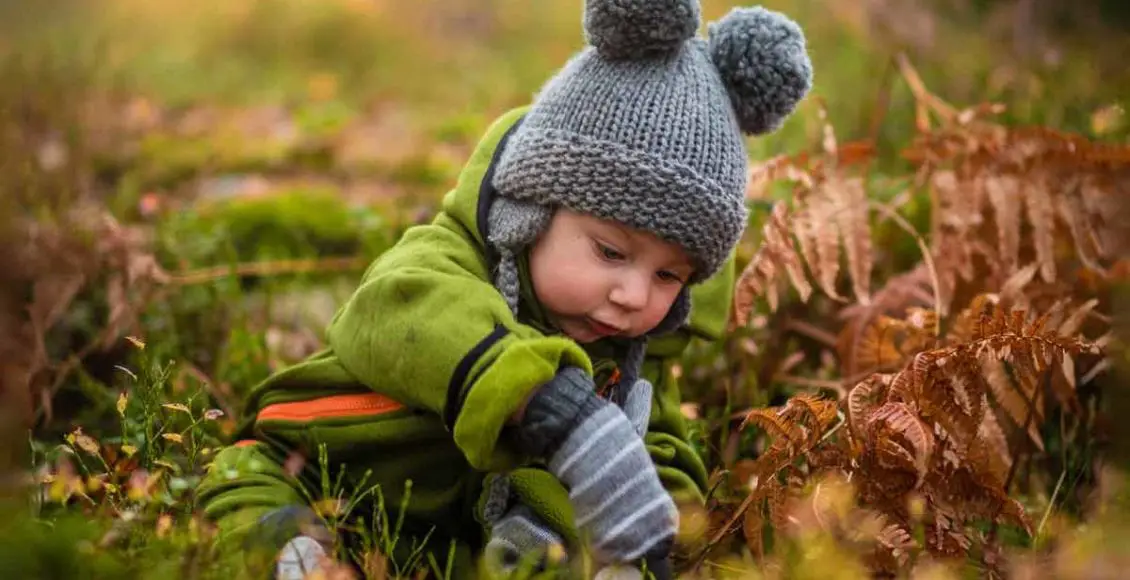“If you were to open up a baby’s head – and I am not for a moment suggesting that you should – you would find nothing but an enormous drool gland,” wrote Dave Barry.
Although science has held on to this assumption for hundreds of years, this common knowledge is now being proven wrong.
Because babies can not effectively communicate their thoughts to us, we often underestimate their mental capacity. Thankfully, modern science is slowly but surely discovering that there is more to the brains of these little creatures than meets the eye. Although decades ago it was thought to be impossible, researchers are now finding that infants can understand basic language, comprehend emotional concepts such as disappointment, and even empathize with those around them.
Here are three amazing things you probably didn’t know your baby’s brain can do:
1. Researchers at the University of Southern California found evidence that toddlers have a much deeper capacity for empathy than the scientific community previously thought.
They presented two-year-olds with a play in which a puppet left a treasured item behind and it was stolen by another puppet. The children watched attentively as the first puppet returned, and showed signs of emotional distress on his behalf. They not only anticipated his disappointment, but empathized with it themselves. One could argue that this puts their mental and emotional age ahead of many successful politicians!
2. We often consider infants to be entirely non-verbal creatures. This is simply not true.
Although they are not yet able to express themselves verbally, a baby can often understand far more than they are given credit for. It isn’t simply that they’re quick learners, either. Noam Chomsky argues that a large part of our linguistic capacity as human beings is innate. According to his theory, we carry a great deal of linguistic ability from birth.
3. In the “Smurf Experiment,” infants as young as seven months were shown to understand – and take interest – when a character was going to be surprised by an unexpected turn of events.
This, along with similar research, has determined that babies can understand the thoughts and beliefs of those around them. Researchers found that, given a simple physical situation, infants have the power to understand when another person will be surprised or disappointed by an outcome they did not expect. This implies a sense of perspective and foresight that we do not usually associate with babies.
These insights are coming from a shift in research methodology from what our babies can do to what they can understand. While former research demanded children prove their knowledge through intentional expression such as dialogue and motor skills, modern research focuses on softer, involuntary behaviors to gauge brain activity. By recording an infant’s small reactions such as looking, listening, lip biting, sucking, and making facial expressions, researchers are able to understand an infant’s brain activity long before they develop the tools to express it. As our research methodology develops, so does our comprehension of these little minds.
“The only creatures that are evolved enough to convey pure love are dogs and infants,” explained Johnny Depp. Truly, our babies have long been celebrated – and rightfully so – for the sweetness of their hearts. For the first time, however, science is starting to get a glimpse into the unexpected richness of their minds. What other surprising insights are waiting for us inside those tiny heads?



